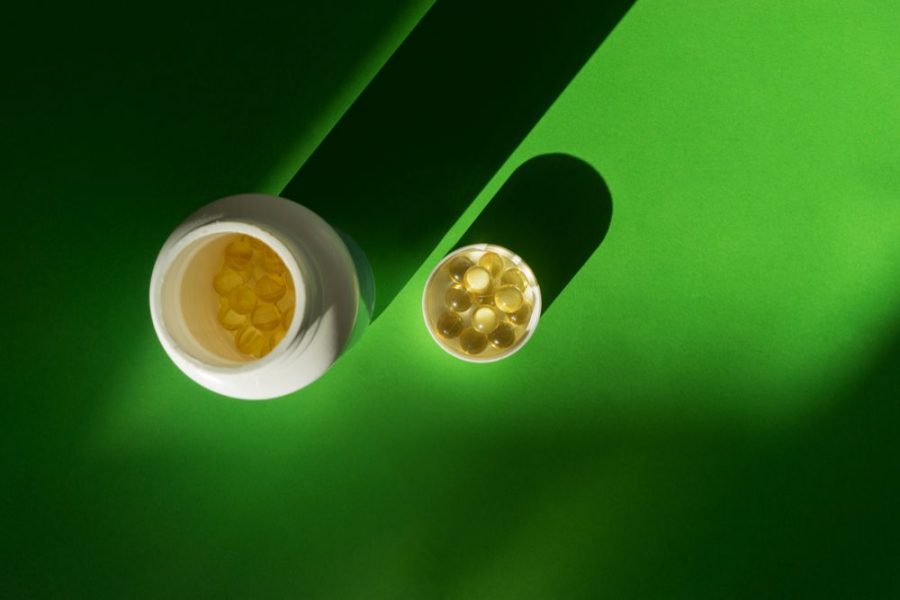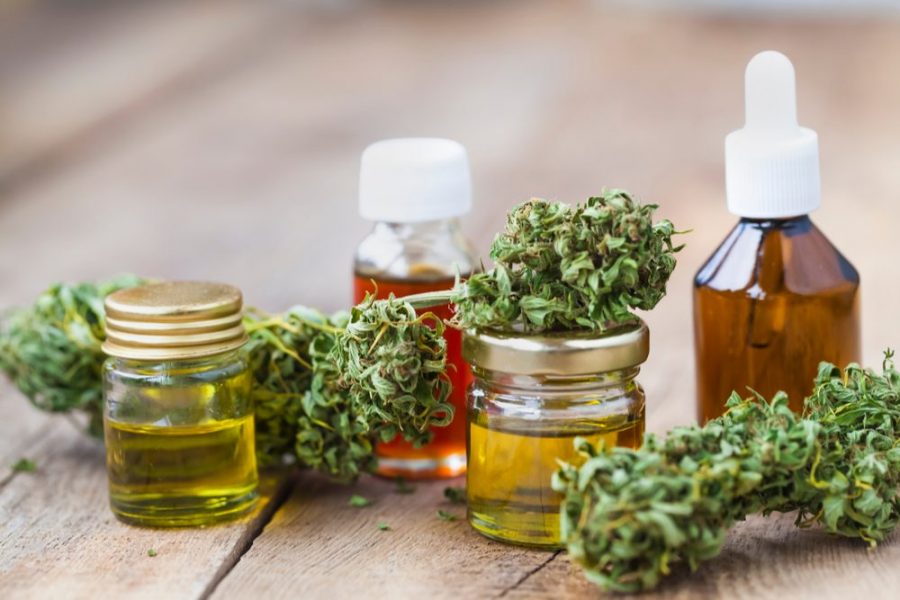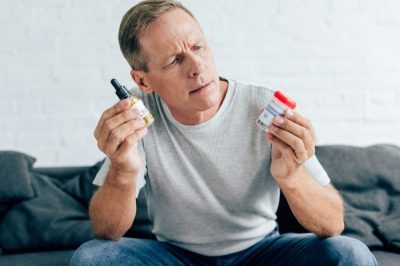So many studies already show CBD has medicinal value but FDA announces public consultation.
Editor’s Note: One of the FDA documents is still open to public comments, it is available at the link here.
On 2 April, FDA Commissioner Scott Gottlieb, M.D., announced the agency’s intention to hold a hearing and consultation with public and industry representatives. Reps would have a chance to share views regarding the use of CBD as a supplement in your diet.
CBD, or cannabidiol, is a non-psychoactive cannabinoid in cannabis and hemp. In recent years, research has suggested that including CBD in your diet may treat certain illnesses. In fact, it could provide many of the benefits of medical cannabis, without THC’s intoxicating effects.
The agency will also form a high-level working group. The group’s purpose is the exploration of “potential pathways for dietary supplements and/or conventional foods containing CBD” and marketing them.
Specifically, the agency intends to address several key issues:
- The possibility of liver injury when CBD is used without medical supervision, a potential risk identified during the agency’s review of the marketing application for Epidiolex
- Unresolved questions about the safety of cumulative exposure to CBD
- Whether there exists a reasonable threshold level at which CBD could be allowed in foods “without undermining the drug approval process or diminishing commercial incentives for further clinical study”

Why is Consultation About CBD in your Diet Important?
The consultation marks a potential turning point for the CBD market in the United States. The agency previously took an overly cautious approach. It maintained as late as December 2018 its position that “it’s unlawful under the FD&C Act to introduce food containing added CBD or THC into interstate commerce, or to market CBD or THC products as, or in, dietary supplements, regardless of whether the substances are hemp-derived.”
The agency has, until recently, robustly enforced its stance on the cannabinoid. It has even gone so far as to issue warning letters that demand companies remove claims about the benefits of including CBD in your diet. Some of these claims include:
- “CBD also decreased human glioma [a form of brain cancer] cell growth and invasion, thus suggesting a possible role of CBD as an antitumor agent.”
- “CBD successfully stopped cancer cells in multiple different cervical cancer varieties.”
- “For Alzheimer’s patients, CBD is one treatment option that is slowing the progression of that disease.”
Do Medical Claims About CBD Have Any Validity?
It’s obvious that the FDA has been holding back the progress of legalization. Yet, the scientific community doesn’t agree with the agency’s position on CBD’s safety and efficacy. These are just a few of the ailments that researchers have started to approve for CBD.
Glioma
Multiple studies have demonstrated the antitumor activity of CBD against human gliomas, both in vitro (in the lab) and in vivo (in living subjects).

Cervical cancer
Several studies have shown that CBD exerts antitumor activity against cervical cancer cell lines in vitro by inhibiting cell growth and inducing apoptosis (programmed cell death).
Alzheimer’s Disease
A 2017 review outlined the results of several studies which showed, using rodent models, that CBD exerted a neuroprotective effect, reduced inflammation, and reversed cognitive deficits associated with Alzheimer’s.
Other Conditions
CBD also showed promising results in human studies investigating conditions such as childhood epilepsy, schizophrenia, anxiety, metastatic cancer, and high blood pressure. Studies have also shown CBD’s efficacy in reducing the likelihood of organ rejection in transplant patients. CBD may also prevent the destruction of pancreatic cells; a process responsible for the onset of Type 2 Diabetes.
So What’s the Problem?
Given the abundance of studies showing CBD’s safety and efficacy, why are the FDA so opposed to companies’ claims about the benefits of including CBD in your diet?
The existing literature shows promising results. But, there have been few large scale, randomized, double blind human trials. And, these are the gold standard tests for regulatory approval. It’s unclear if doses and methods for including CBD in your diet will provide the same benefits demonstrated laboratories.
Countries like Israel and Jamaica have demonstrated a permissive attitude toward cannabis and cannabinoid studies. Strict national and international regulations often hinder the global scientific community. These stop them from performing the kind of studies needed for regulatory approval.
Until such a time as more studies can be performed, the FDA’s position remains clear: “These products have not been shown to be safe or effective, and deceptive marketing of unproven treatments may keep some patients from accessing appropriate, recognized therapies to treat serious and even fatal diseases.”

Should You Include CBD in Your Diet?
Pending the results of the upcoming consultation, if you want to include CBD in your diet you’ll have limited options. After all, CBD remains illegal at the federal level. So it may be difficult to obtain outside of jurisdictions with more permissive regulations, such as the 33 US states which have legalized some form of medical cannabis.
Both the CBD industry and patients will be anxious to discover the outcome of the upcoming hearings. But regulatory bodies like the FDA move glacially slow. So for now it might be best to halt your expectations. If you want to follow the progress of the hearing this 31 May, the FDA will make available a webcast. The agency has also invited interested parties to send representations for the docket located here. Ultimately, however, the results of the consultation may have less to do with the content of submissions, and everything to do with the power of the almighty dollar.
As of December 2019, The FDA sent warning letters to fifteen CBD companies, urging them to discontinue sales and/or marketing of their products because they “might be dangerous.” This is because the companies were marketing their CBD products as dietary supplements, something they did not have FDA clearance to do. The continued legality of the substance does seem to be under threat.






Barry
I’m taking CBD oil and within a week I have noticed my shaking hands have stopped and my balance is a lot better……hoping for it to help my Diabetes
…
Jennifer Grant
Amazing news! Congrats!
Ben Poorthuis
Hello,
Is cannabis oil also effective for depression?
Jennifer Grant
Some people report relief of symptoms from cannabis. The study discussed in the following article is from the Journal of Molecular Biology and it supports CBD for depression: https://rxleaf.com/cbd-depression-journal-neurobiology-says-yes/